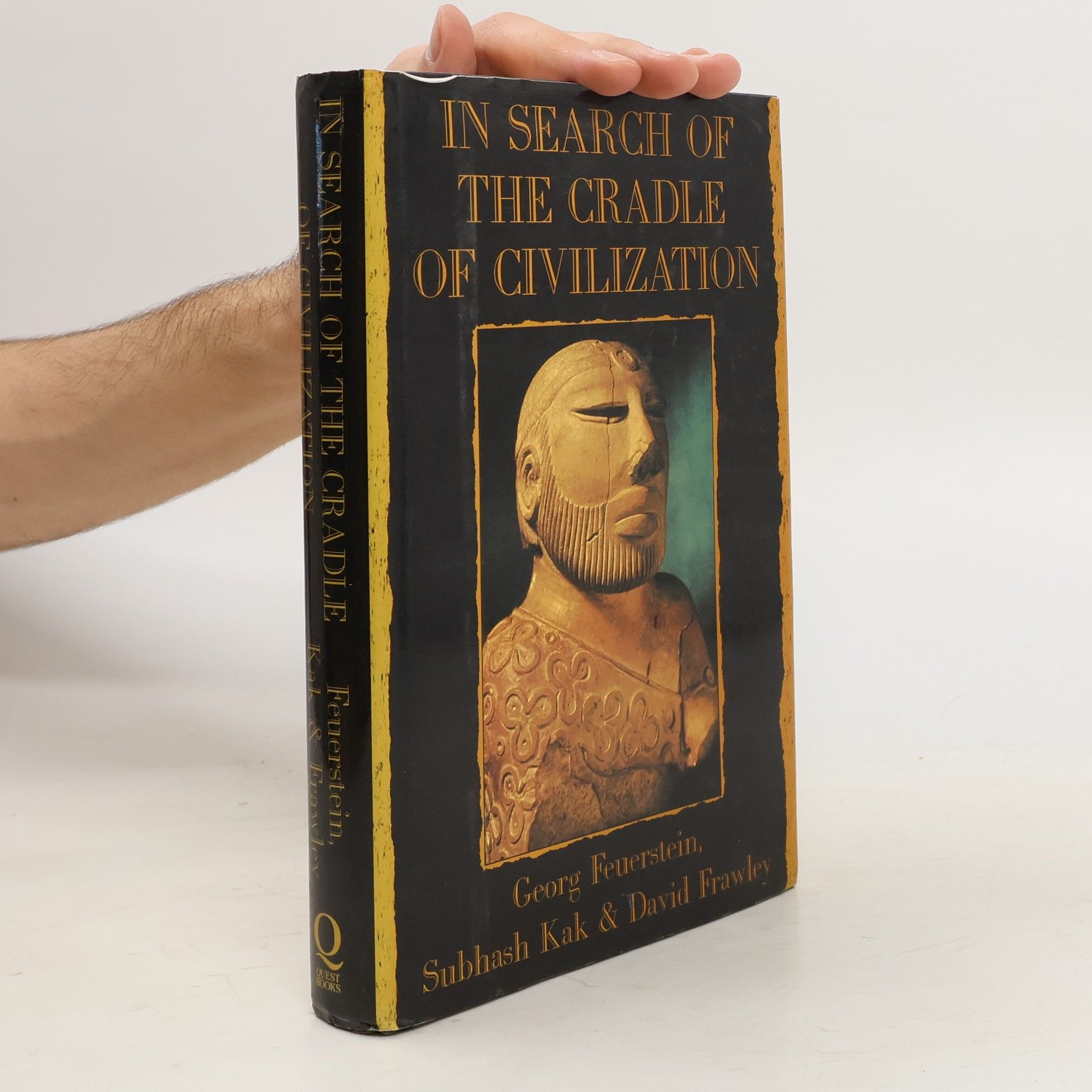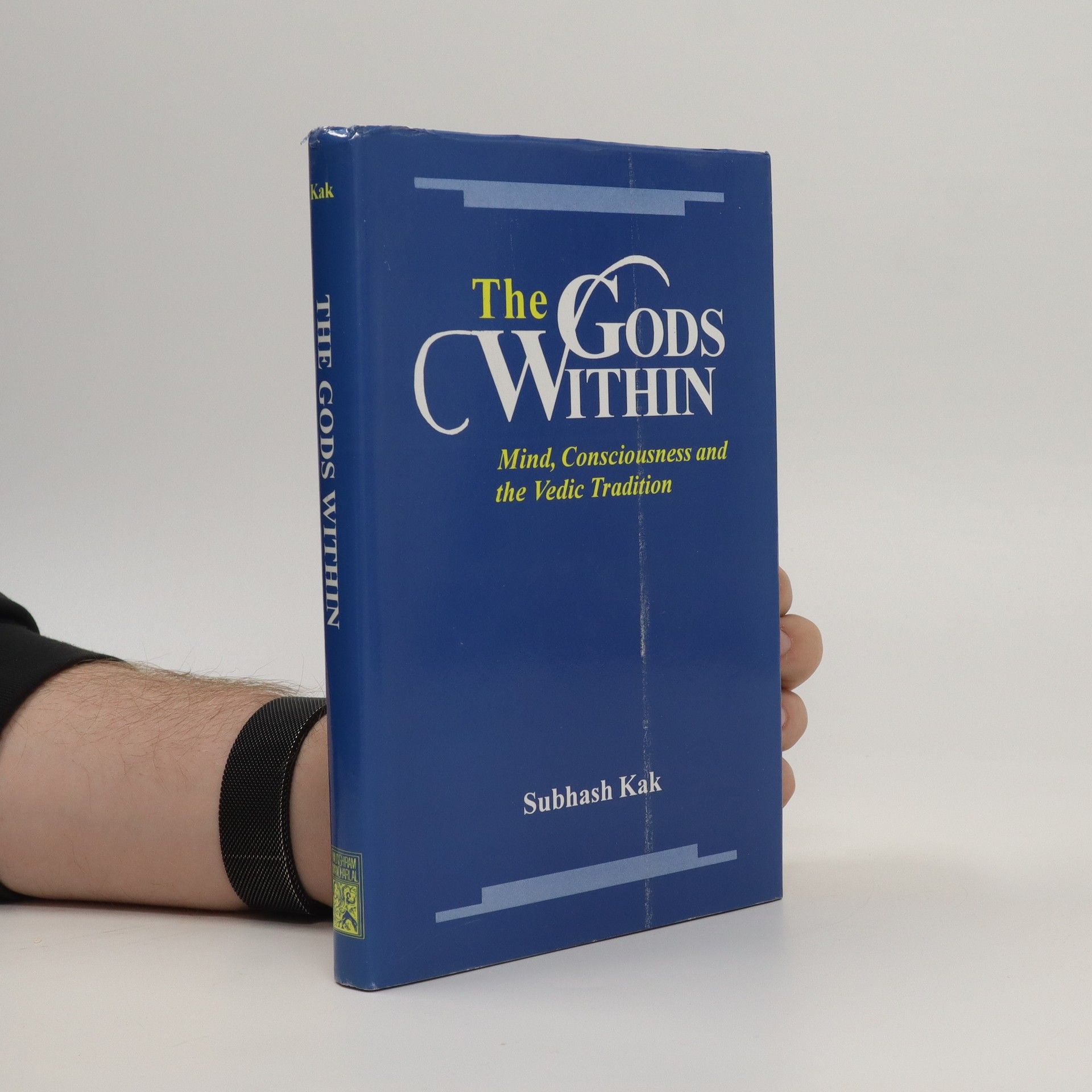This essay describes the Asvamedha rite and its symbolism to explain distinctive aspects of the Vedic sacrifice system. This rite has three important functions: (i)it presents an equivalence of the naksatra year to the heaven, implying that it is a rite that celebrates the rebirth of the Sun; (ii)it is symbolic of the conquest of Time by the king, in whose name the rite is performed; and (iii) it is a celebration of social harmony achieved by the transcendence of the fundamental conflicts between various sources of power.
Subhash Kak Book order (chronological)
Subhash Kak is an Indian American computer scientist whose work bridges the fields of cryptography, artificial neural networks, and quantum information. Beyond his technical contributions, Kak is also celebrated for his extensive publications in Indology, exploring the history and philosophy of science, ancient astronomy, and the history of mathematics. His writings delve into the intricate connections between scientific thought and philosophical inquiry, offering unique perspectives on the evolution of human understanding.



The Gods Within - Mind, Consciousness and the Vedic Tradition
- 206 pages
- 8 hours of reading
This book is a pioneering study that reconciles the traditional understanding of the Vedic gods, taken as the constituents of the indivdual's consciousness, with new discoveries of neuroscience. This book will be useful to scholars of religion, psychology and the emerging new science of consciousness.